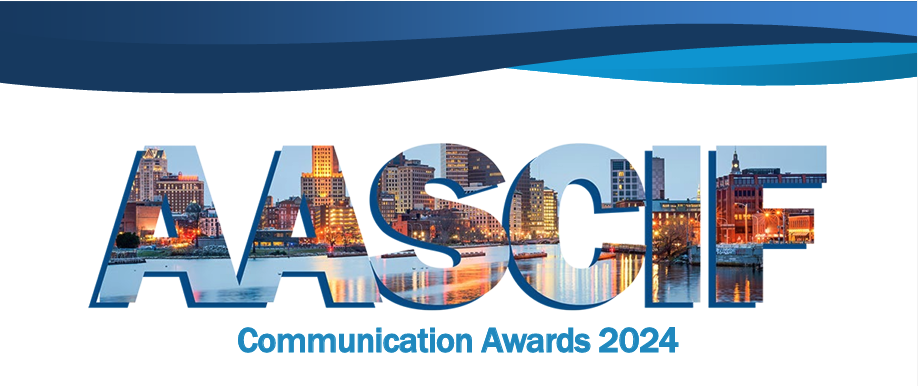Welcome to the new AASCIF website!This website will help with the work of keeping our membership connected. With social networking support, simple tools for staying in touch, space for sharing documents and photos, and resources to support committees, we can use it to help market our association and highlight great work being done. How to log in:
|








